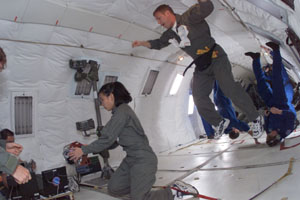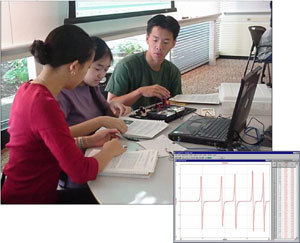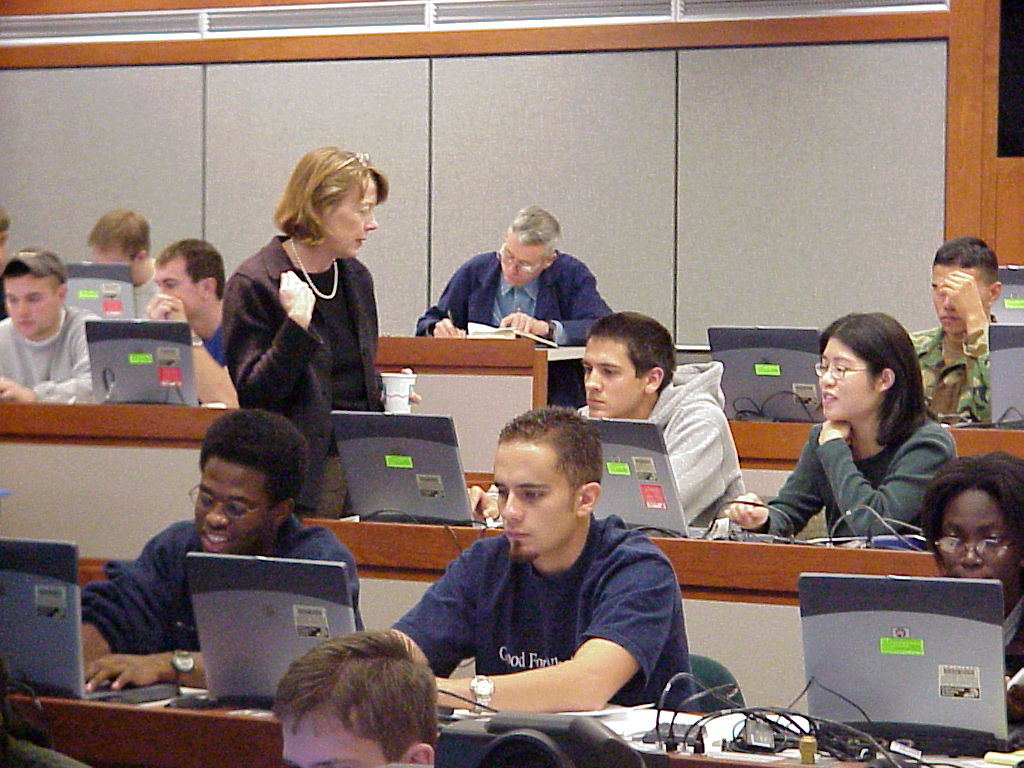Overview
Learning without Barriers / Technology without
Borders is a two-day symposium hosted by MIT
and Microsoft Research on Friday, December 1 and Saturday,
December 2, 2006, with a welcoming reception the evening
of Thursday, November 30.
This event, at MIT, will mark the completion of the
MIT-Microsoft iCampus Research Alliance for Educational Technology.
The morning of Friday, December 1, speakers will focus on the role of technical
education in national competitiveness, and on improving technical
education in the U.S. and globally. John Seely Brown
describes how increasingly pervasive information technology changes the
relationship between learners and knowledge, and how this creates
significant new opportunities for improving technical education, even
as it poses significant new challenges for maintaining U.S. technical
preeminence among nations.
This is followed by moderated conversations among
presidents of premier technical universities, directors of
research of leading information technology companies, and
government representatives concerned with national
competitiveness. Panelists consider the respective roles of
research universities, the high-tech industry, and
government, to meet the demands of effective technical education.
Questions are posed to the audience to stimulate reaction and
discussion.
The interactive midday session over lunch, where we break into groups for
facilitated discussions of issues raised during the morning.
We then reconvene to hear engineering deans from leading
universities introduce work in
educational technology by outstanding faculty members at their
institutions. After that, MIT President Emeritus and President-elect of
the National Academy of Engineering Charles
Vest reflects on the role of openness in innovation, education, and
research in a future increasingly dominated by globalization.
The formal day ends with a closing by the MIT President
Susan Hockfield. An evening reception at the MIT
Museum, where conference participants will have opportunities
to network and to examine interactive exhibits demonstrating
projects supported by the MIT-Microsoft iCampus educational
technology alliance.
The program on Saturday, December 2, takes up the role of
technology in education. Dan Atkins, the National Science Foundation's
Director of
the Office of Cyberinfrastructure, outlines the need of the
nation's
information infrastructure and NSF's agenda for addressing
these needs.
Then we return to an moderated discussions, with audience
participation, among leaders from academia, industry, and
government. We'll hear their views describing what educational
technologies have been effective, and their recommended priorities
for future investment.
The afternoon gives attendees an opportunity to participate in a
variety of workshops featuring research from the MIT-Microsoft iCampus
Alliance in Educational Technology.

MIT students test mini-satellites they designed in zero-gravity
conditions on NASA's KC-135 aircraft. (Image courtesy of NASA, 2000)

Undergraduates perform desktop electromagnetism experiments in MIT
studio-mode physics.

MIT mechanical engineering lecture on the analysis of truss Structures.